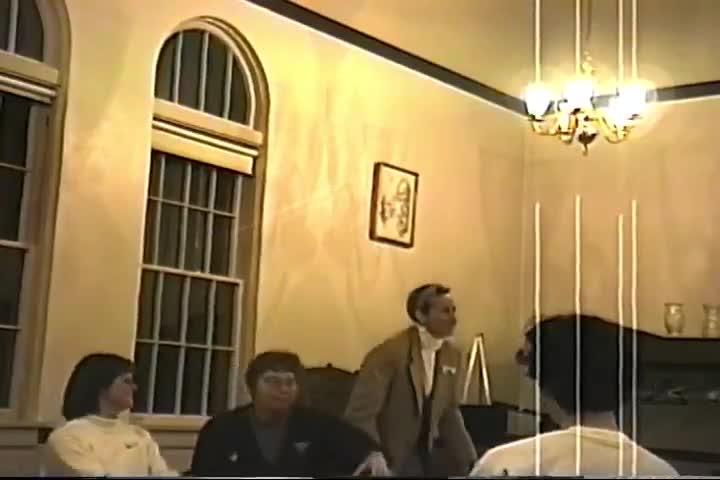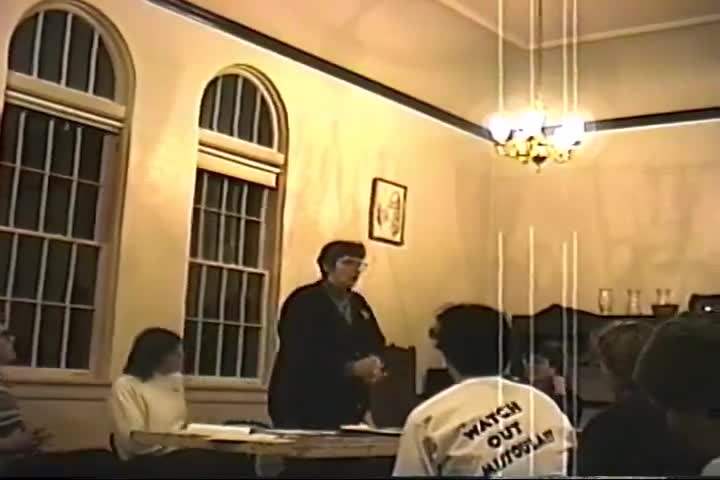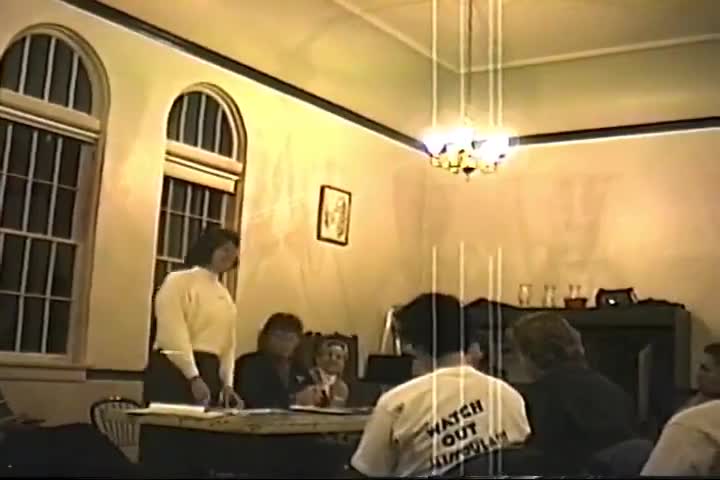Article not found
This article is no longer available. But don't worry—we've gathered other articles that discuss the same topic.

Local groups press economic justice, warn of punitive welfare reform and push back on efforts to ban affirmative action

PRIDE director recounts legal challenge to Montana 'deviant conduct' law and warns of violence against LGBTQ people

